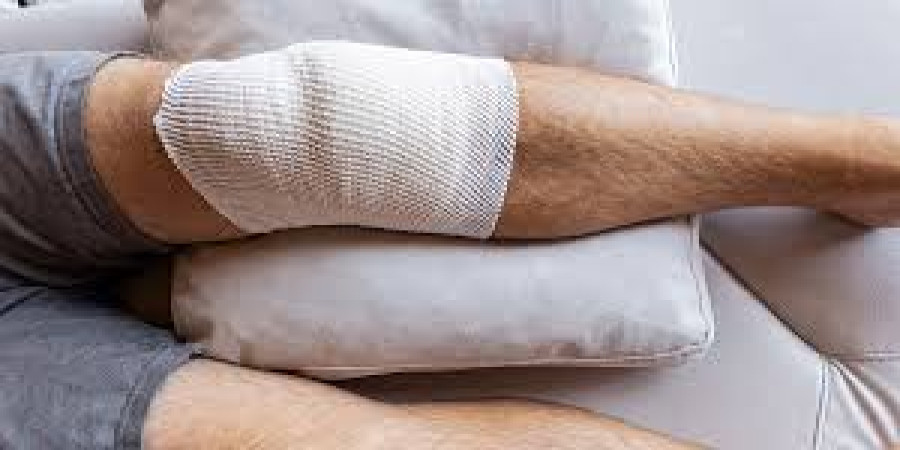

Navigating Sleep After ACL Surgery: Tips and Strategies
ACL surgery, while necessary for long-term knee health, can seriously disrupt your sleep patterns in the initial recovery period. Pain, discomfort, and the need for immobilization can make finding a comfortable position and staying asleep a significant challenge. This blog post offers advice to promote better sleep after ACL surgery.
Why Sleep Matters After Surgery
- Healing: Quality sleep allows your body to direct energy towards tissue repair and recovery.
- Pain Management: Sleep deprivation can heighten pain sensitivity, hindering your recovery process.
- Mental Wellbeing: Good sleep is essential for mood regulation and emotional resilience during a challenging time.
Common Challenges to Sleep After ACL Surgery
- Pain and Discomfort: Surgical pain, swelling, and general discomfort can make it difficult to fall asleep and stay asleep.
- Immobilization: Braces and immobilizers, while necessary, can restrict movement, forcing you into uncomfortable positions.
- Medication Side Effects: Pain medications or prescribed sleep aids may have disruptive side effects.
- Anxiety and Restlessness: Worries about recovery and discomfort can lead to restlessness and anxiety, affecting sleep.
Strategies for Better Sleep
-
Pain Management:
- Discuss effective pain medication schedules with your doctor.
- Ice regularly to reduce swelling and inflammation.
- Elevate your leg to promote blood flow and reduce throbbing.
-
Sleep Positions:
- Experiment with pillows to prop up your leg in a way that relieves pressure.
- If permitted, side-sleeping with a pillow between your knees might be comfortable.
-
Comfortable Environment:
- Keep your room cool, dark, and quiet.
- Minimize distractions like electronic devices and noise.
-
Sleep Routine:
- Establish a consistent bedtime and waking time, even on weekends.
- Engage in relaxing activities before bed, like reading or listening to calming music.
-
Napping Carefully:
- Limit daytime naps to short periods (20-30 minutes) to avoid disrupting nighttime sleep.
When to Seek Additional Help
- Consult your doctor: Discuss persistent sleep difficulties or if medication contributes to the problem.
- Consider a Sleep Therapist: If sleep struggles are causing significant distress, a therapist specializing in sleep issues can offer targeted strategies.
References
- Summit Medical Group: Knee Pain at Night
- Rothman Orthopedics: What to Expect After ACL Surgery
- Johns Hopkins Medicine: Sleep Tips After Surgery
Remember: Sleep disruption after ACL surgery is common and will improve with time. By focusing on pain management, finding comfortable positions, and maintaining good sleep habits, you'll support your recovery process and overall well-being.
Popular articles

Apr 11, 2024 07:40 PM

May 25, 2024 08:09 PM

Apr 11, 2024 07:22 PM

Apr 10, 2024 07:59 PM

Mar 14, 2024 07:53 PM
Comments (0)